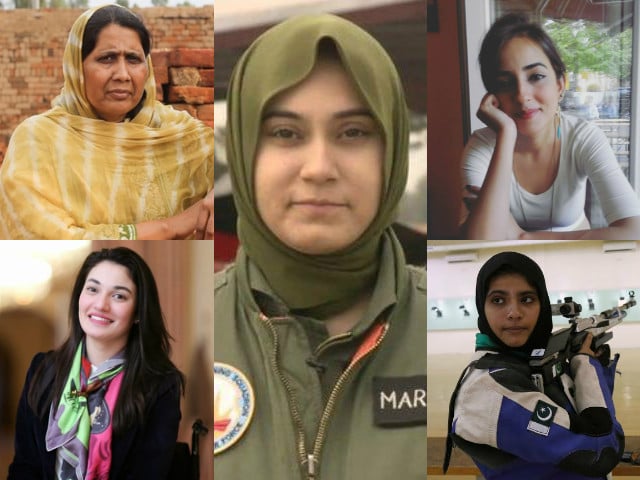By: Waqas Qamar Bhatti
The Constitution of Pakistan is a comprehensive document that outlines the rights and responsibilities of all citizens, ensuring inclusivity across the board. As a democratic and welfare state, Pakistan’s Constitution guarantees equal rights to all citizens, irrespective of gender. Various articles within the Constitution specifically emphasize the rights of women and their inclusion in all spheres of life.
The Constitution explicitly enshrines women’s rights in several provisions. Article 25, concerning the “Right to Equality,” is particularly significant for women. Article 25(1) affirms that all citizens are equal before the law and are entitled to equal protection of the law. Furthermore, Article 25(2) underscores that the state shall not discriminate against any citizen on grounds of sex, race, religion, caste, or place of birth. These provisions establish that women in Pakistan have equal rights under the law, and any form of discrimination against them is unconstitutional.
In addition, Article 34 of the Constitution provides specific directives to encourage the participation of women in national life, stating that the state shall ensure full participation of women in all spheres of national life. This constitutional mandate requires the state to promote the development and active involvement of women in society.
The participation of women is crucial for the development and prosperity of any society. Women contribute significantly to social and economic progress and play a key role in building a strong and sustainable community.
Education is fundamental to societal progress, and the education of women is essential for national development. An educated woman not only enhances her own life but also empowers future generations by educating them. In Pakistan, while various government and non-governmental organizations are working to promote women’s education, much remains to be done. Without a focus on women’s education, social development is incomplete.
Economic participation by women is also vital for a developed and self-sufficient nation. If women are given full opportunities to participate in economic sectors, the country’s economy could experience substantial growth. Including women in business, employment, and economic activities helps reduce social inequalities and boosts overall national productivity. However, in Pakistan, the rate of women’s economic participation remains low, and many women are deprived of their rights. It is crucial for the government and societal institutions to ensure that women are provided with every possible opportunity to contribute to the country’s development.
The Constitution also guarantees women’s political participation. Article 51 mentions reserved seats for women in the National Assembly to ensure their representation in political affairs. Women’s involvement in decision-making processes is vital for a healthy democracy. It allows for the creation of policies that address issues specifically affecting women, promoting principles of social justice and equality.
A society is incomplete without the active participation of women, who are an integral part of it. Women are not just caretakers of the home; they are individuals capable of excelling in every field. No nation can progress without their involvement.
Women play a central role in family formation, providing moral, social, and educational foundations for future generations. Their nurturing and upbringing are essential for the nation’s future. Additionally, women are vital to the health sector, serving as nurses, doctors, and other healthcare workers who contribute significantly to public health. Without women, the healthcare system would be inadequate, making social progress impossible.
Achieving social justice is impossible without the inclusion of women. Until women are provided with equal opportunities, the principles of social justice and equality cannot be fully realized.
The government and social institutions must take a proactive approach to ensure the inclusion of women. Policies that guarantee women’s development and the protection of their rights need to be formulated and implemented. It is also essential to provide equal opportunities for women in education and the economic sectors.
While several laws have been enacted in Pakistan to protect women’s rights, their effective implementation remains a challenge. The government must ensure that these laws are enforced properly and that women are not deprived of their rights. Public awareness campaigns can also play a crucial role in promoting women’s rights and participation, educating the public on the importance of women’s inclusion for societal development.
In conclusion, a society without women is incomplete. The Constitution of Pakistan includes significant provisions to ensure equal rights for women, but the realization of these rights requires collective effort from the government, social institutions, and the public. By promoting women’s education, economic inclusion, and political representation, social progress and prosperity can be achieved. Until women are given their rightful place, the dream of Pakistan’s development will remain unfulfilled.


